I have been thinking (and writing) a lot about time lately, because despite it "not existing" except in nature, it does exist in our consciousness and therefore, impacts on our actions. We are easily manipulated by time, where for instance if there is an artificial clock put on a discount or deal, we are more likely to react, even if we don't actually want what is offered anyway. Our body is also affected by the time it seems, where for instance, my wife has been working a lot, but now that she goes on holiday for a week (schools are off for a week also), she gets sick. This is common, as it seems that the body clock knows when it has to push through, and when it can afford to get sick. However, while the body might see a holiday break as good sick opportunity, they are also the times that events are planned where good health is needed.

But time also influence our activities in other ways that have severe consequences on our future, because we have the ability to kick the can down the road and not deal with future problems we know will arise from our current behaviours. The state of the environment is a good indication of what happens when we ignore the future problem in order to keep profiting from the current activities. We keep cutting down trees, polluting the oceans, and pushing ever increasing amounts of more and more complicated chemicals into the atmosphere and food chain, that are changing humans at the genetic level. There are millions of things going on simultaneously, and there is very little understanding of what consequences the interactions will have on the future.
Yet we keep doing it, because there is money to be made.
In a discussion post yesterday looking at of the current geopolitical situation in the world, @aussieninja gave a list he had seen recently that explained the process of birth and death of the economy. This is something that I have also described many times, but far less eloquently.
I saw a video today which was super interesting... it basically explained that there is a pattern:
- The wealth gap increases ->
- the very rich convert their money into political power to get richer ->
- authoritarian governments rise ->
- there is a war, plague or revolution that wipes out that excessive wealth ->
- the people take back the government and institute policies to help everyone ->
- over time it erodes and the cycle starts again.
Essentially, it is also describes how centralisation always fails, because as they consolidate power of control over the masses, they actually end up becoming less capable of controlling, meaning the decisions made get increasingly bad to the point that they destroy themselves, by the people rising up to destroy them. It is a tale as old as time, but this process is also described through multiple dystopian stories, like the Matrix.
Time plays a major part in this process because with so much future uncertainty and such a high level of spend now mentality, we don't think that much about our actions now on the future. It all becomes someone else's problem, and it might not be one or two generations away, it might be five or six. But when that kicked can arrives, it can be devastating.
I think that we are fast arriving at that can now, where the wealth gap has gone parabolic, as more wealth and therefore control, has been consolidated into fewer and fewer hands. As an indication of "converting wealth to political power", Trump has something like 13 billionaires surrounding him in positions of political (and therefore social) influence. Elon Musk is just the wealthiest of them - but they are all extremely wealthy.
And as we can see from the behaviours of the current US government, it is looking evermore authoritarian, even siding with the obviously authoritarian government of Russia. And that leads us into the next phase of "war, plague or revolution" that wipes out excessive wealth. And while it could be easy to see Ukraine and Gaza as these points, I don't think war is going to be the thing that wipes it out this time, because war has been repositioned in the economy as a monetized industry. In the past, a regime would have to fund the war before going to war, including equipping an army. But now with debt availability and the possibility to globalise access to weaponry, war is a just another wealth generation mechanism, even if not going to war at all, and only selling weapons. Win or lose, the business of war always wins. The war in Ukraine and the drive for NATO nations to re-weaponise, is just another wealth grab, funded by taxpayers, on debt that will impact them for generations to come.
War is good for the military business.
It is also good for social control, because the fear of going to war, being involved with war, being against going to war, being against getting involved and a thousand other opinions, means that people defer to authority in the hope to protect themselves and that which they care about.
Plague is a possibility for the redistribution of wealth, especially since we create diseases we are not able to deal with effectively. Though Covid was a huge money spinner and control lever for those who become even more wealthy and got even more control.
Elon Musk
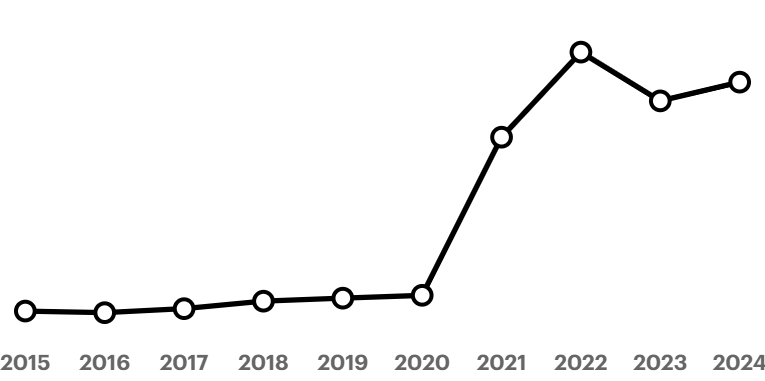
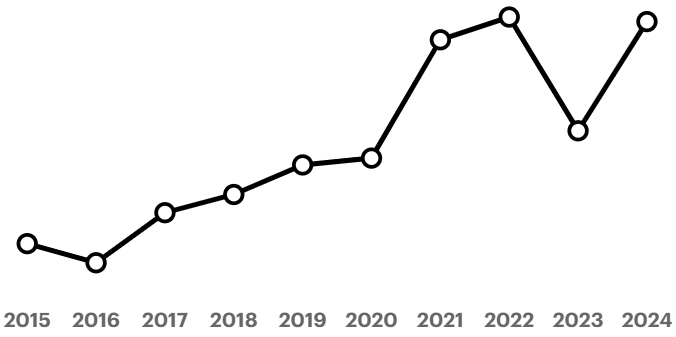
Mark Zuckerberg
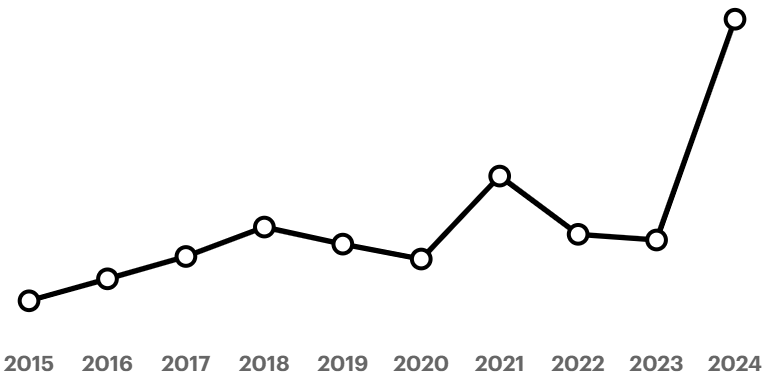
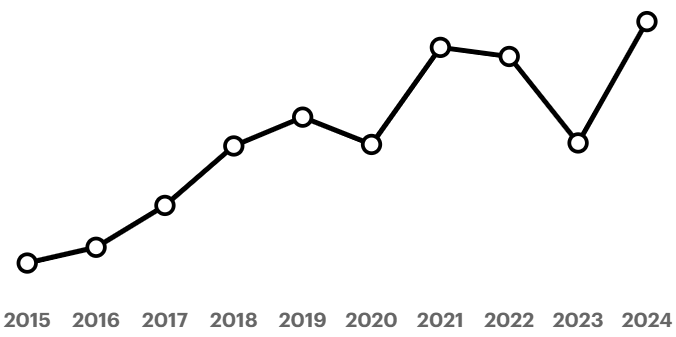
Bernard Arnault & family
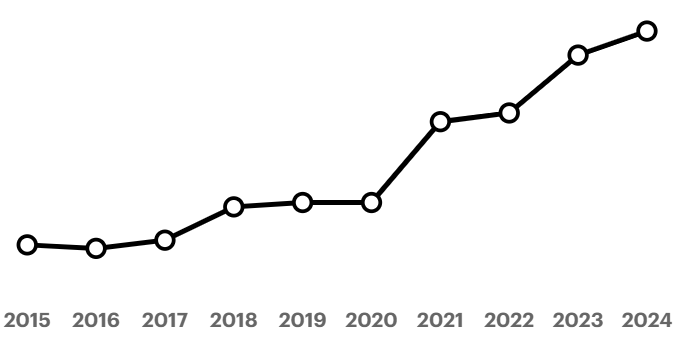
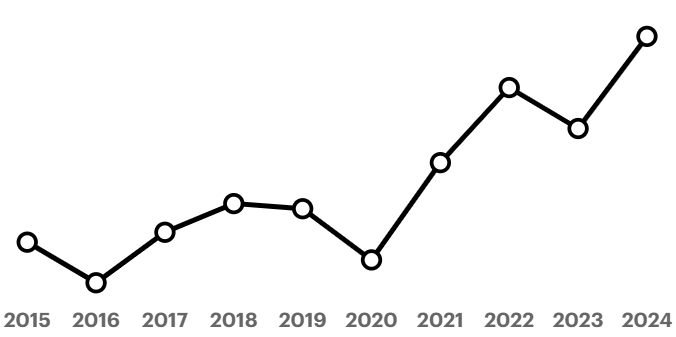
Without looking at any actual numbers, do you notice a trend in the wealth of billionaires? 2020 was a good year for the billionaires, and it hasn't really slowed down for any of them, despite their industry. Plague and war is good for many kinds of business at the top end, despite the purchasing power of everyday people going down enormously in the same period. All that inflation pumped into the economy that drive prices up, got transferred into the pockets of the few, so their wealth grew at a high rate and above the inflation rate, while everyone else's fell further behind.
That wealth gap keeps growing.
And that leaves revolution. But this has a problem now, because unlike the past where revolution has a target of a head of state or a royal family, wealth isn't distributed like that any more, putting it out of reach of attack. Not only that, the wealth hasn't been accumulated directly through tax or theft, it has been pushed through economic mechanism and goods and services that the people rely on. So, how exactly does one go about bringing down Google, Microsoft or Tesla?
The revolution can't be a direct attack, it has to be in a change of behaviour. It isn't a guillotine taking off the head, it is death by a thousand cuts that slowly bleed them of the income flow they rely on to maintain their power. A revolution to redistribute wealth, is a change in consumer behaviour.
How likely is that?
In my estimation, not very.
It is far too inconvenient to change our consumer behaviours that enable this small fraction of the global population to have wealth, power, and control over us. We want to be comfortable now, even though it is going to cost us comfort in the future. Which as stated at the top, is an indication of how time influences our behaviours.
And what this means is that the second to last point of "people take back the government and institute policies to help everyone" is unlikely to happen, because we are essentially too lazy and too accustomed to being controlled, that we don't want to take responsibility for ourselves. Sure, people say they want "freedom", but what they really want is a way to get what they want, without having to do anything for it. And what we end up doing is appealing to authority to provide what we want, at the expense to others, or ourselves in the future.
The economy as we operate it is very sick, because it will continually crush down the quality of life for the many to create increasing amounts of wealth for the few. This will keep happening, until something forces a redistribution of wealth, or a revaluation of what it means to be wealthy. For instance, the drive for decentralisation is a way that could lead to a redistribution of wealth and power, but not a redistribution of centralised currencies. If everyone moved to decentralised cryptocurrencies as their trade token, it would effectively defund the majority of the wealth generation mechanisms. The businesses that operate now could still trade, but the capital markets would be heavily disrupted and the ability to accumulate wealth without business activity would change at the core.
Again, unlikely.
So, perhaps where we are headed is into a situation where the power and control at the top is so extreme, that the only way out of it is that decisions will be made that are cataclysmic to not only the economy, but humanity as a whole. For pretty much the first time in history, the power wielded at the top has the ability to create a global extinction event. And at that point,
The illness of time is healed.
Taraz
[ Gen1: Hive ]